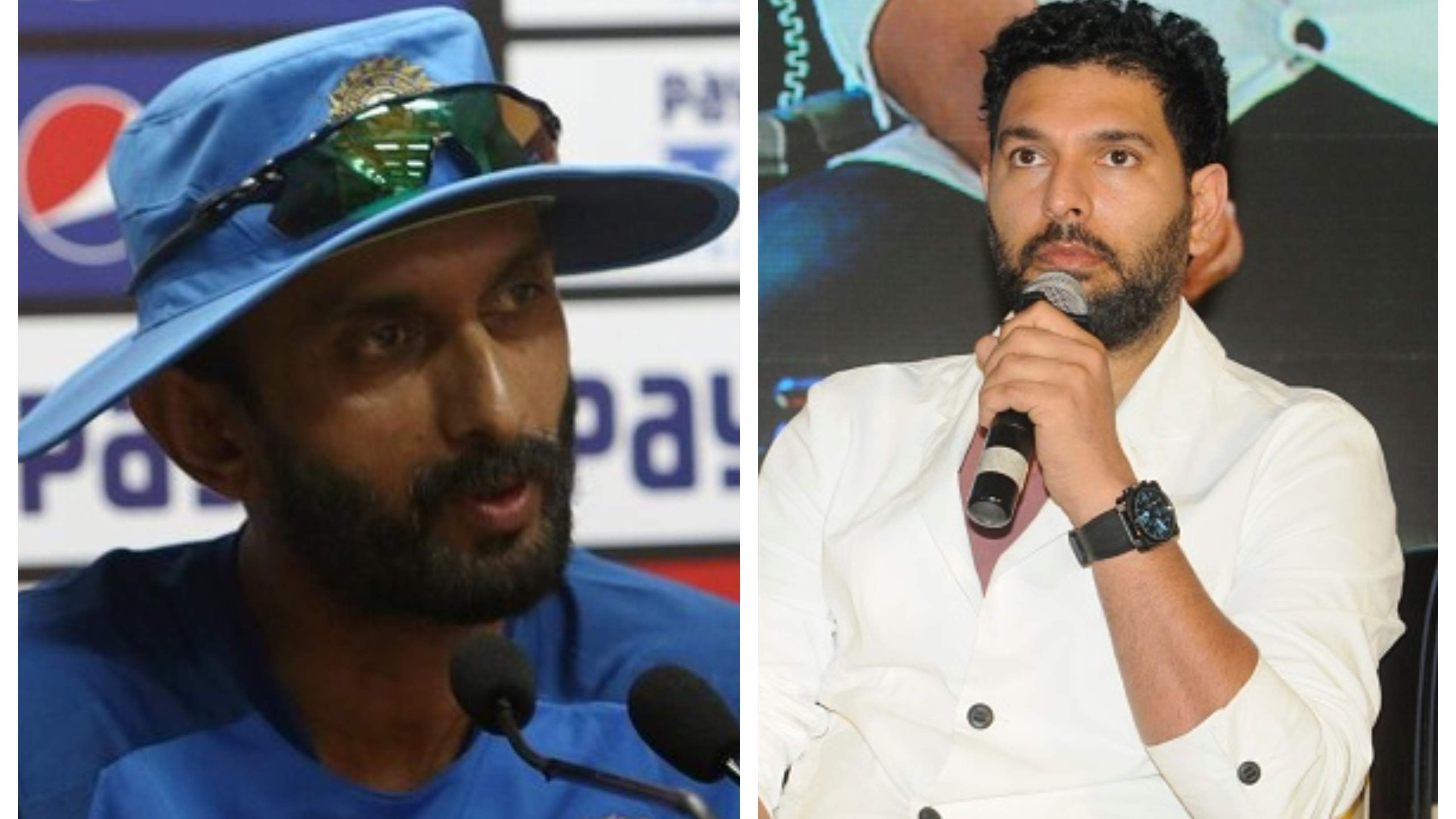
The corrupt activities have stigmatized the game of cricket many times and yet again another match-fixing incident came into the light – from Afghanistan on Monday (May 11).
Shafiqullah Shafaq became the first Afghanistan cricketer who has been banned for six years from all forms of the game by the Afghanistan Cricket Board (ACB) for his involvement in corrupt activities during the Afghanistan Premier League (APL) T20 and Bangladesh Premier League (BPL).
Read Also: Shafiqullah Shafaq given six years match-fixing ban by Afghanistan Cricket Board
Following the latest fixing case, former Pakistan captain-turned-commentator Ramiz Raja has called for the introduction of the lie-detector tests to catch the possible match-fixers in the game.
Corruption has been one of the biggest problems for cricket, especially in Pakistan and Raja believes that his unique solution can be useful to curb cricket's ever-present problem of match-fixing that has been now coming from all corners.
He has suggested that the random lie detector tests that could determine the players who could be involved in match-fixing in any form well before their involvement in corrupt activities, saying it can be conducted in a similar manner as dope tests are conducted for players.
Read Also: Yuvraj Singh questions Vikram Rathour's ability to guide players of T20 generation
Raja said on his Youtube channel, “I wish there was an instrument to calculate this intention, just like the temperature taking tools being used for the COVID-19. We could easily red flag players who could go on to become fixers. A lie-detector test could be used. Just as random samples are taken for dope testing, we should also conduct random lie-detector tests.”
The former batsman further added, “We should do that in a regular season to find out if players have ever been involved in match-fixing. This is an outside-the-box idea. The solution to this problem is very confusing. We have rules, laws, regulations, and player education programs but if a player is intent on fixing then no one can stop them.”
He signed off by saying, “Fixers can usually attack in two important parts of a career. They can attack at the end of someone's career because they have nothing to lose. They can also attack at the start when a player is starting out because their minds are impressionable at that stage.”
(With IANS Inputs)



